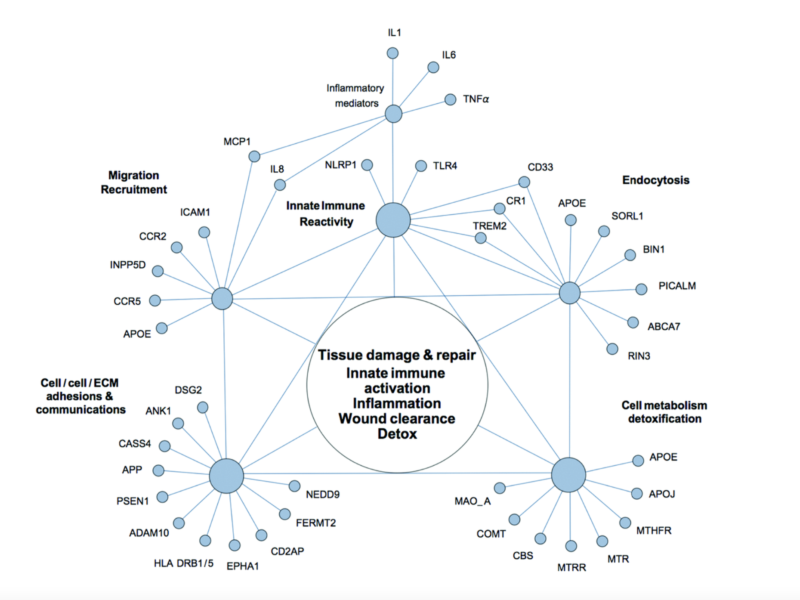In 2020, researchers conducted an analysis of multimodal data on Alzheimer’s disease (AD). Their research concluded that AD may not begin with amyloid-β.
Aging-US Research
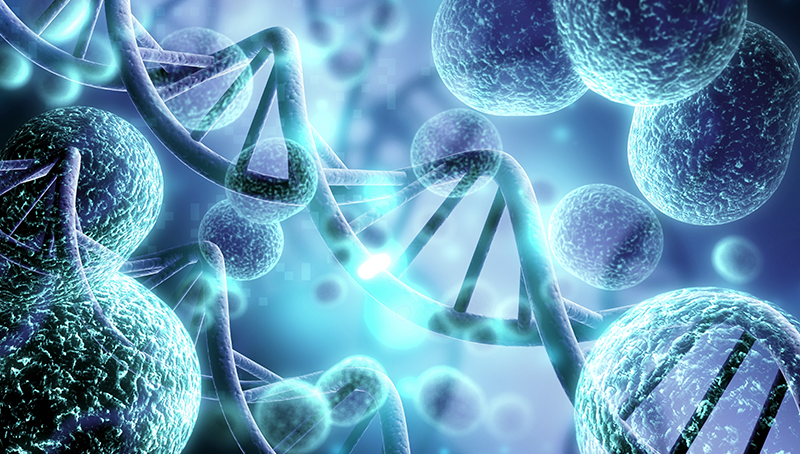
Read a brief summary of a meeting report from the 8th Annual Aging Research and Drug Discovery (ARDD21) meeting.
In the cover paper of Aging (Aging-US) Volume 14, Issue 2, researchers discovered a potential therapeutic strategy to target senescent cells and combat aging and age-related diseases.
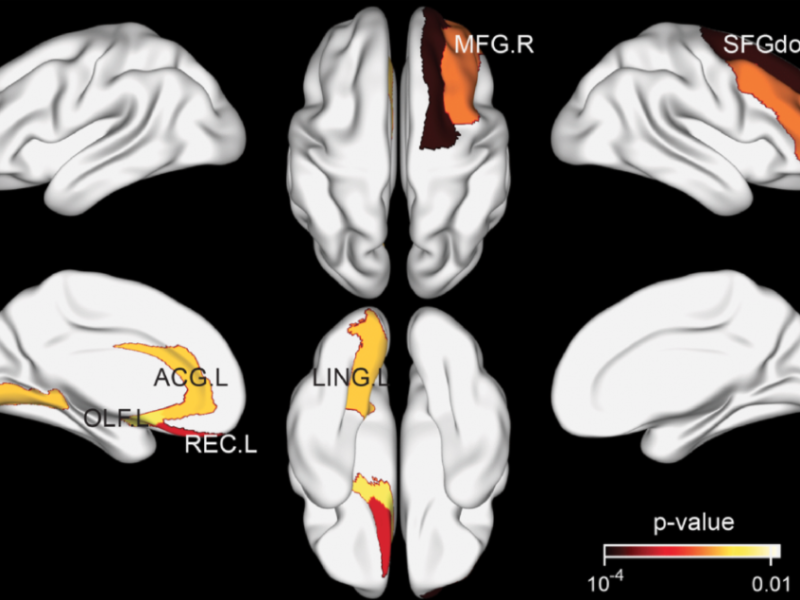
In 2019, researchers conducted the first study to explore the effects of habitual tea drinking on system-level brain networks.
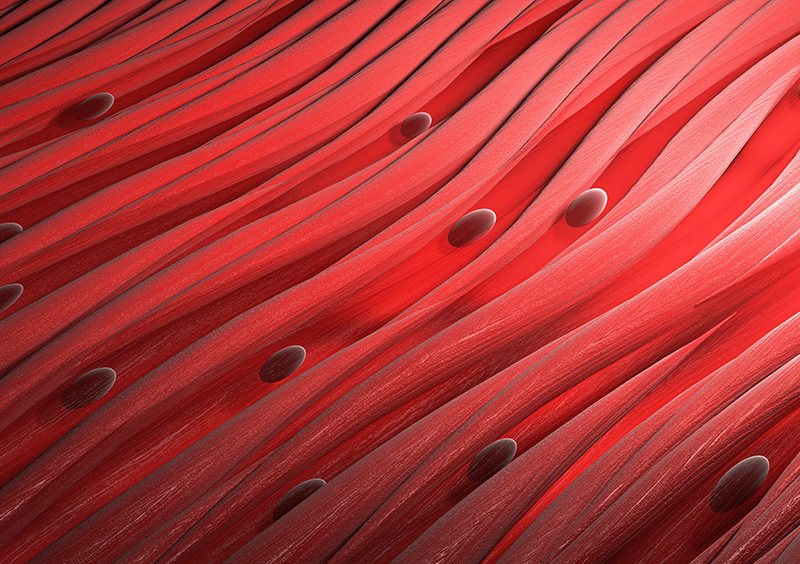
In a priority research paper published by Aging-US in January of 2022, researchers investigated aged muscle stem cells and their ability to sense and respond to mechanical cues.
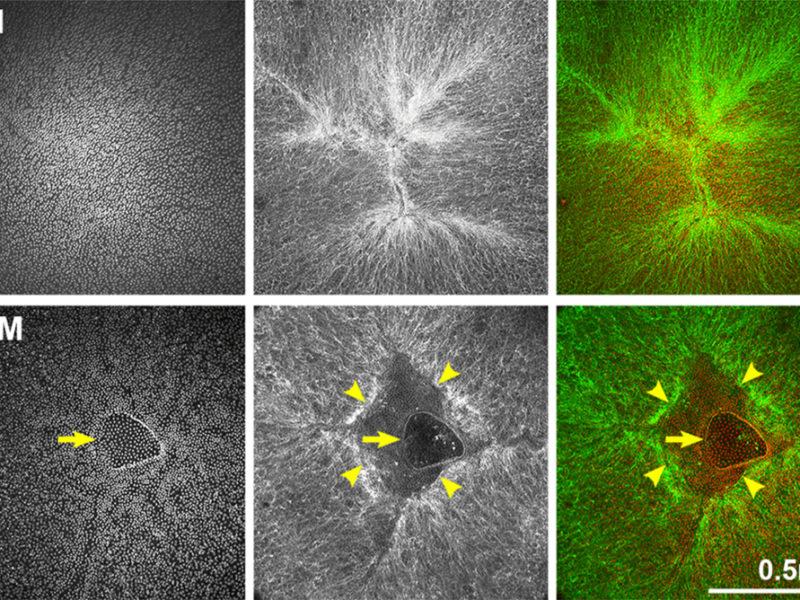
In this 2019 study, researchers examined murine models to determine common age-related eye lens changes that contribute to eventual vision impairment and loss.
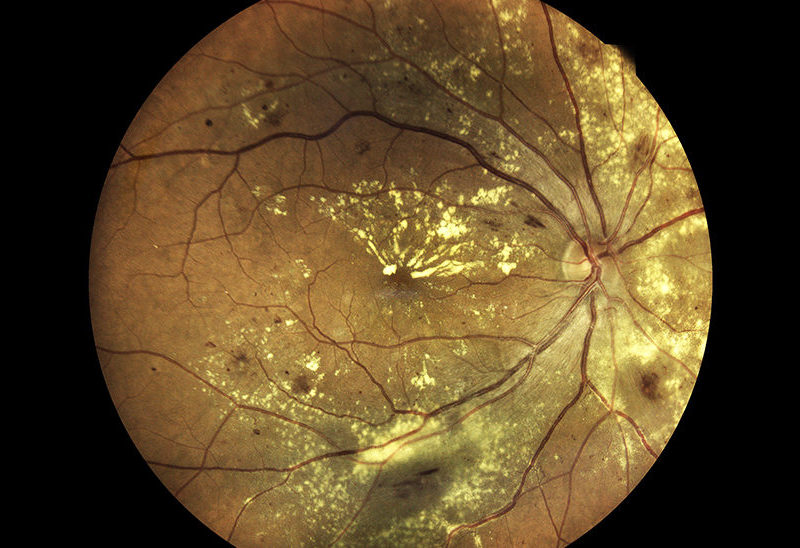
Over 15 million people in the United States are currently struggling with age-related macular degeneration (AMD). Researchers investigated a mechanism of AMD pathophysiology.
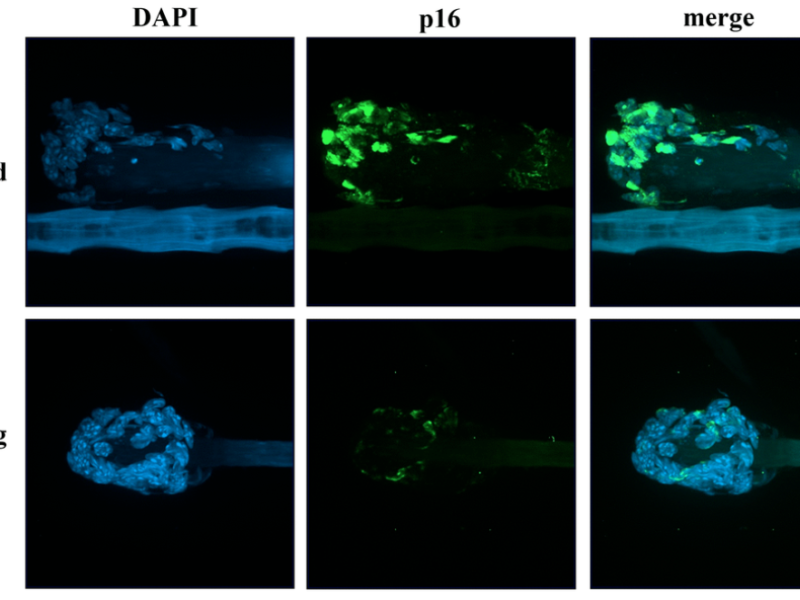
A new device has been developed by researchers to efficiently and painlessly collect hair follicle tissue samples from laboratory mammals, and even humans.
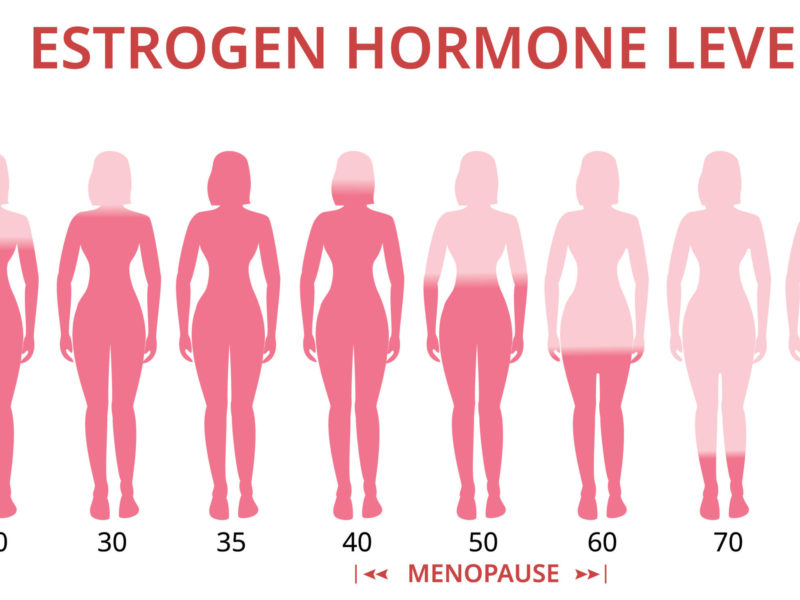
As a continuation of a previous study, researchers evaluated the effects of estrogen suppression, followed by estradiol supplementation, on biological age measured by glycan age.

After taking Rejuvant® for approximately 7 months, a recent study revealed that participants experienced an average 8 year reduction in biological aging.

